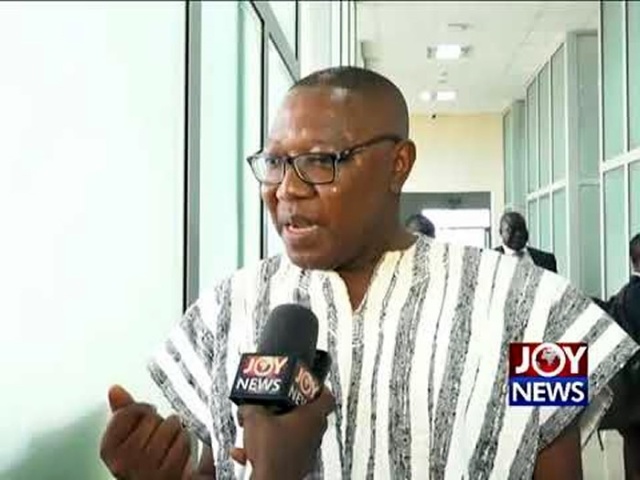The Deputy Ranking Member of the Education Committee of Parliament, Dr Clement Apaak, has said the proposal by the government to wean public tertiary institutions off the public payroll must be dropped completely because it will invariably restrict access to tertiary education and prevent the poor and marginalised from accessing tertiary education when implemented.
The government’s proposal is part of the measures being instituted to address the economic crisis Ghana is going through.
In Dr Apaak’s view, when Finance Minister Ken Ofori-Atta said the government will “wean off public tertiary institutions from the government’s payroll and provide them with a fixed amount – block grant,” he was actually saying the government intends to no longer shoulder the cost of paying lecturers and staff of the tertiary institutions.
Therefore, he said, “tertiary institutions would have to raise their own revenue to pay for the human resources required to function as institutions of higher learning.”
ALSO READ:
- Why fans are not happy about Maame Serwaa’s bridesmaid dress exposing her boobs
- Two policemen dismissed for impregnating 15 female police trainees
- Akufo-Addo, Bawumia, others mourn with Kufuor [Photos]
Dr Apaak, who is also the MP for Builsa South, noted in a Facebook post that for tertiary institutions under prevailing circumstances to raise the needed resources to pay teaching and non-teaching staff, it will likely require passing a chunk of the bill to students, resulting in higher school fees, which he noted, “will be to the detriment of poor students who are even struggling to pay the current fees.”
“When public tertiary institutions become fee-paying, then obviously, the government is directly introducing a financial barrier to the already existing infrastructural barrier,” he added.
He quizzed, “Why would government increase access by making secondary education free, and propose to restrict access by essentially making the cost of obtaining tertiary education by beneficiaries of free secondary education exorbitant?”
This proposal, if implemented, he bemoaned, would negate any gains that the free SHS intended to achieve.
According to the lawmaker, for a government that believes that parents cannot afford to pay school fees for their wards at the senior high level to now turn around to demand full fee-paying from the same people at the tertiary level, is to say that there is lack of appreciation of the whole policy intervention at the secondary level.
“On an interesting note, only last year, President Akufo-Addo, in his attendance, made a point in his speech at the Global Education Summit held in the UK that the government was considering free tertiary education. The turnaround by Finance Minister Ken Ofori-Atta makes the exact policy direction of this government on education a wonder,” the post read.
He said public tertiary institutions, aside from their assured quality, are intended to provide an even platform for all, including the poor, to access higher education.
It is in light of the above that he has urged the government to rethink measures that are intended to prevent the poor from having access to educational opportunities at the tertiary level.

